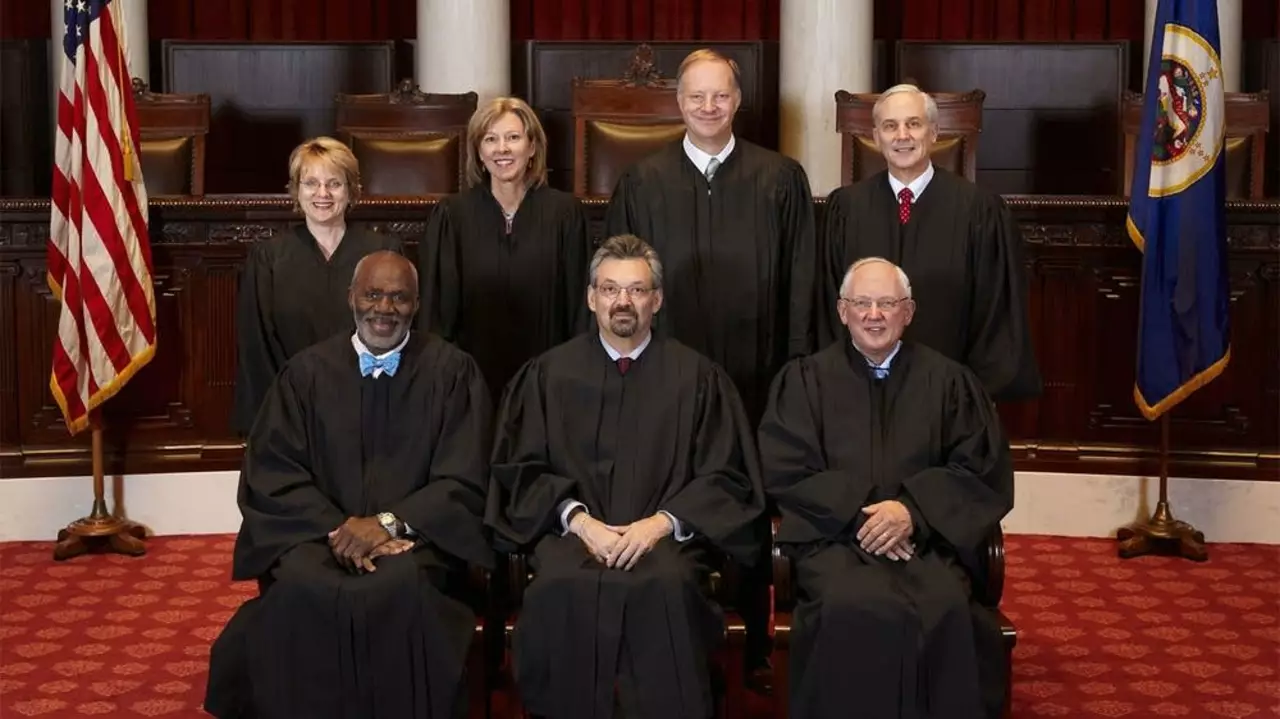How to send some suggestions to the Supreme Court of India?
Understanding the Role of the Supreme Court of India
The Supreme Court of India is the highest judiciary authority in the country, responsible for interpreting the Constitution and making legal decisions on matters of national importance. As citizens, it's essential to understand the role and functioning of the Supreme Court, as it plays a crucial part in shaping the legal landscape of the nation. In this section, we'll discuss the significance of the Supreme Court and its role in upholding the rule of law in India.
Established in 1950, the Supreme Court consists of the Chief Justice of India and a maximum of 34 other judges. Appointed by the President, these judges possess extensive knowledge and expertise in various fields of law. The Supreme Court has the power to hear appeals from lower courts, review laws and policies, and provide advisory opinions to the government. Additionally, it also has the responsibility to protect the fundamental rights of citizens and ensure that justice is delivered without discrimination.
Identifying Issues That Require Supreme Court's Attention
Before sending suggestions to the Supreme Court, it is essential to identify the issues that warrant the Court's attention. Typically, matters that concern the public interest or have far-reaching implications on society are suitable for the Supreme Court's consideration. Issues related to constitutional rights, environmental protection, and matters that impact the social, economic, and political fabric of the country are also appropriate subjects for the Court's attention.
It is essential to conduct thorough research on the issue you want to bring to the Court's notice. This would include analyzing the existing laws, studying related judgments, and understanding the legal nuances of the subject. By doing this, you can ensure that your suggestions are well-informed and relevant, increasing the likelihood of the Supreme Court considering your inputs.
Drafting a Well-Structured Letter
Once you have identified the issue and conducted your research, the next step is to draft a well-structured letter to the Supreme Court. The letter should be concise, clear, and professional. Begin by addressing the letter to the Chief Justice of India or the concerned judge, followed by a brief introduction of yourself and the purpose of the letter.
Next, clearly state the issue you wish to bring to the Court's attention, providing relevant facts and legal provisions. Present your suggestions and recommendations logically and coherently, ensuring that they are practical and feasible. Finally, end the letter with a courteous closing and provide your contact information for further correspondence.
Submitting the Letter through Proper Channels
Submitting the letter through the proper channels is crucial to ensure that it reaches the intended recipient. The Supreme Court of India has a dedicated registry that handles all official correspondence. You can send your letter via registered post or courier to the following address:
Supreme Court of India
Tilak Marg, New Delhi-110001
India
Alternatively, you can also submit the letter in person at the Supreme Court registry. Make sure to keep a copy of the letter for your records and obtain an acknowledgment receipt upon submission.
Utilizing Online Platforms for Advocacy
In today's digital age, online platforms can be an effective medium to share your suggestions and garner support for your cause. Social media platforms, like Facebook and Twitter, can help you reach a wider audience and engage with like-minded individuals. You can create a dedicated page or group, share relevant information, and initiate discussions on the issue.
Additionally, online petitions can also be an effective way to bring your cause to the attention of the Supreme Court. Platforms like Change.org allow users to create and share petitions, making it easy for people to show their support. If your petition garners significant public support, it could potentially influence the Court's decision on the matter.
Collaborating with NGOs and Legal Experts
Collaborating with non-governmental organizations (NGOs) and legal experts can be extremely beneficial in advancing your cause. NGOs often have experience in addressing social and legal issues and can provide valuable insights and resources. They can also help amplify your voice and bring your suggestions to the attention of the Supreme Court.
Similarly, legal experts can help you navigate the complexities of the legal system and ensure that your suggestions are legally sound. Engaging with lawyers or law firms can also increase the credibility of your cause and improve the chances of the Supreme Court considering your suggestions.





